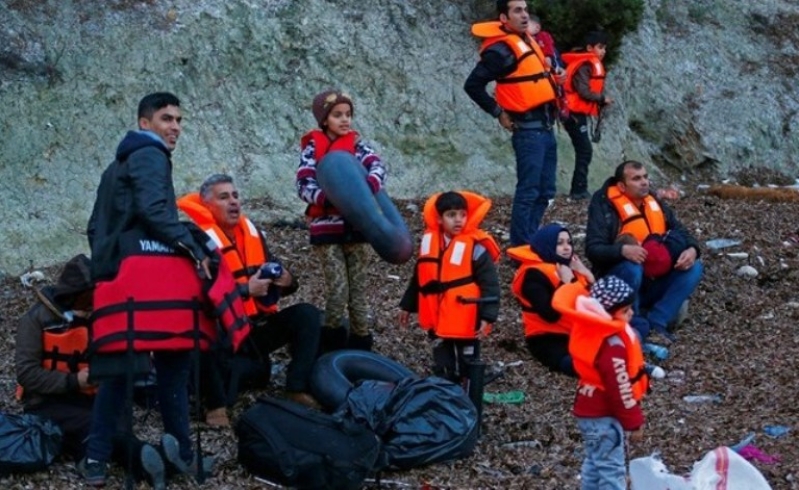
Greek church authorities recently approved plans for Pope Francis to visit the Greek island of Lesbos on Saturday, April 16, to show support for the refugees there. Officials stated the pope requested the visit. This is a delicate period for refugees there because, under a contested plan, the European Union began returning newcomers to neighboring Turkey this month.
A Vatican Press Office statement Thursday confirmed the papal visit aims to show solidarity for refugees on the front line of Europe's migrant crisis. The communiqué indicated Francis accepted invitations of the Ecumenical Patriarch of Constantinople, His Holiness Bartholomew I, and of the Greek President, Prokopis Pavlopoulos.
Archbishop Ireonymos II, the head of the Greek Orthodox Church, said the visit was to "draw the attention of the international community to the need for an immediate ceasefire in the conflicts" in the Middle East and to "shed light on the major humanitarian problem" of the influx of migrants to Lesbos and other Greek islands, as reported by the Shelby Star.
While in Greece, the Vatican indicated Francis is slated to meet with refugees on the island, together with the Ecumenical Patriarch and with His Beatitude Hieronimus II, Archbishop of Athens and of Greece and primate of the Orthodox Church of Greece.
An estimated million refugees have gone to Greece over the past year; a Vatican spokesperson stated tens of thousands of them, many fleeing the war in Syria, have poured onto Lesbos.
The director of the Vatican Press Office, Jesuit Father Federico Lombardi, told Vatican Radio the pope always has been "extremely attentive to all major emergencies in the world today, especially when there are people who suffer, who are in need of our solidarity and our help."
Lombardi said in his very first journey as pontiff, just a few months after his election to the papacy in 2013, Pope Francis visited the Italian island of Lampedusa, which also had received hundreds of thousands of migrants. In that visit, Lombardi said, the pope wanted to demonstrate his "closeness" to those people coming across the Mediterranean from north Africa.
With the migrant crisis more recently unfolding in the Aegean, Lombardi said "the pope naturally wanted to manifest, in a concrete manner, his participation and his concern."
Lombardi emphasizes that Francis will be visiting the island together with leaders of the Orthodox Church, the largest Christian community in Greece.
Describing it as an "ecumenical gesture" by representatives of the Christian churches, Lombardi said the visit is an expression "of Christian solidarity and closeness to the great problem of refugees, asylum seekers and migrants."
Saying that though the pope's actions are not "directly political," Lombardi affirmed they are "extremely significant" and are "humane, moral and religious" in nature.
A Vatican spokesman said the visit is "also a call to politicians to take action in the search for more humane solutions" that are "respectful and supportive towards people who are suffering in these large problematic movements [of migrants] in the world today."






